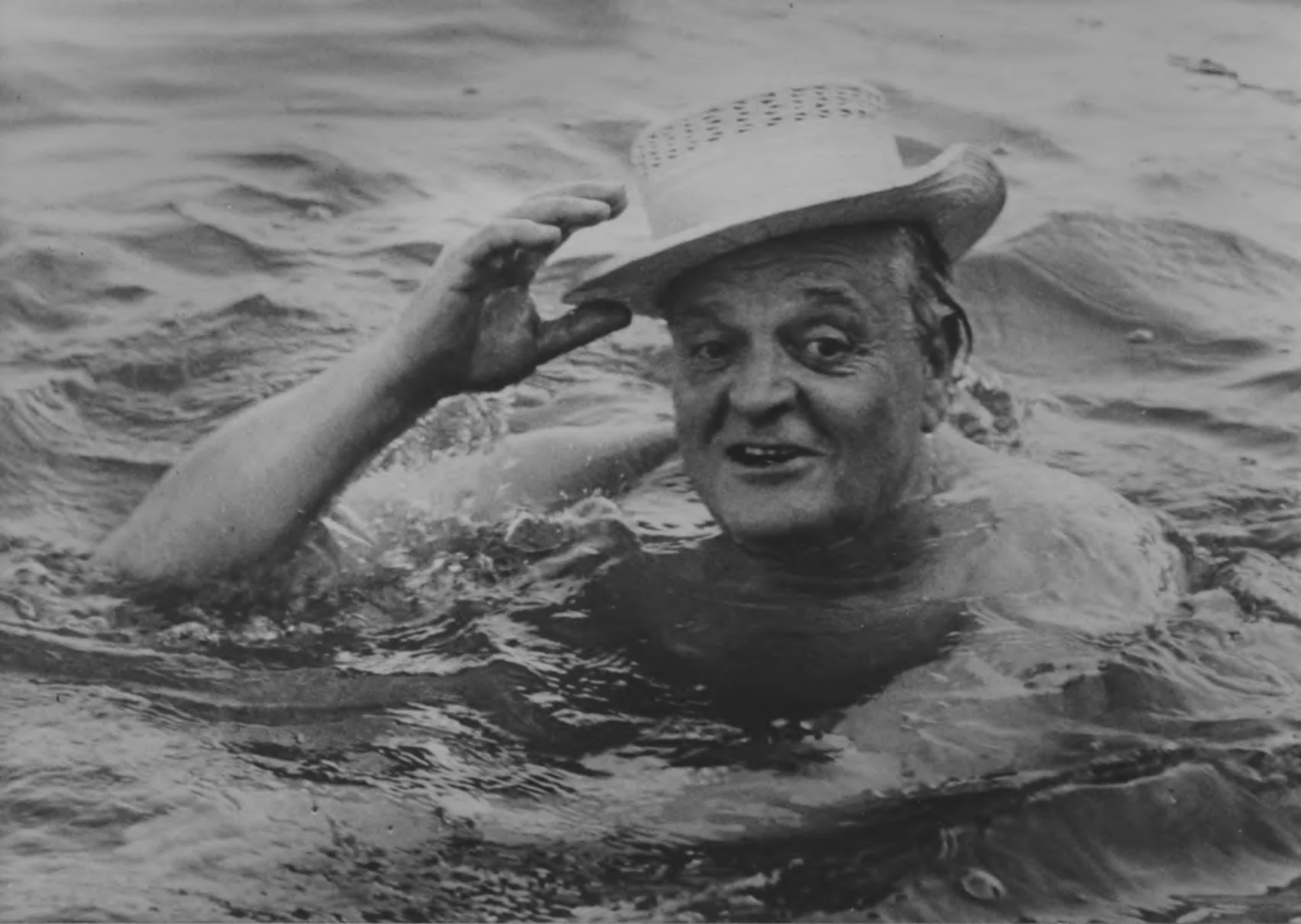Contact

Please direct individual enquiries about the history of Migros to the Historical Company Archives of the Federation of Migros Cooperatives.
navigation
Gottlieb Duttweiler made it his business to fight against brand products that he saw as over-priced. With deceptively similar yet more affordable products, he prompted litigation that generated publicity for Migros’ consumer-friendly ideology.
No sooner has Migros AG moved to its new headquarters at Limmatplatz in Zurich in the summer of 1931, than Gottlieb Duttweiler throws himself into a battle that will keep him on his toes for the next 20 years. As he openly declares, he is thinking about bringing “light and air into the stuffy atmosphere of brand articles”. This means launching Migros products that attack the dominant positions of well-known brand products. His targets are trusts: foreign, generally multinational, large companies with monopolistic characteristics.
Thus, the washing powder Ohä competes with Persil from Henkel and the decaffeinated Kaffee Zaun goes against the market leader Kaffee Hag. Nuss-Galmina and Alpha, the cooking fats from Migros, compete against Palmina and Astra from Unilever. The same goes for Vim, the cleaning agent from Unilever, which competes in the market against Migros’ Päng, which is later renamed Potz.
In the battle against the trusts, Gottlieb Duttweiler always follows the same pattern: Migros’ products are of excellent quality, yet are still cheaper than the equivalent brand articles. He launches them with names or packaging that are confusingly similar. In populist articles, he attacks the competition and implores housewives to show their solidarity with him as his allies. In return, he promises to fight “like a lion” for their interests. He then waits patiently to see if he will be prosecuted. If nothing happens, he adds fuel to the fire. And waits again, while swearing: “Whether we lose or win is not particularly important to us.” What is important to him is the lawsuit – which he generally loses – a stage created for his fight against the “excesses of brand articles”. This process also save him thousands of francs in expensive advertisements.
Between 1932 and 1937 alone, Migros is involved in about a dozen lawsuits. “They give him the opportunity,” a long-term employee remembers later, “to make public his consumer ideology, the practical expression of which is the Migros system, with an extremely severely presented polemic.” Gottlieb Duttweiler formulates it in the 1930s in a more poetic manner: “The freest freedom should prevail in demanding performance for good money, and the brightest daylight should shine in where performance is lacking or is faked.”